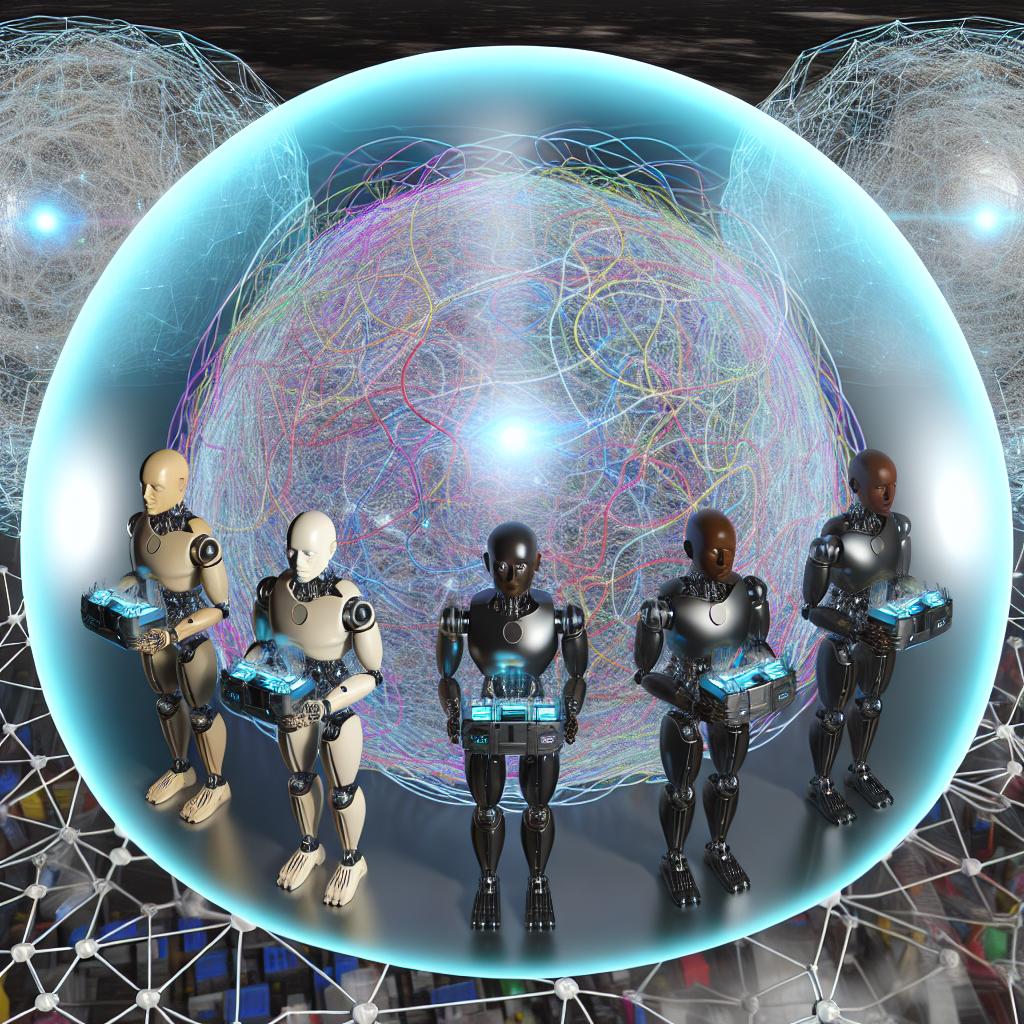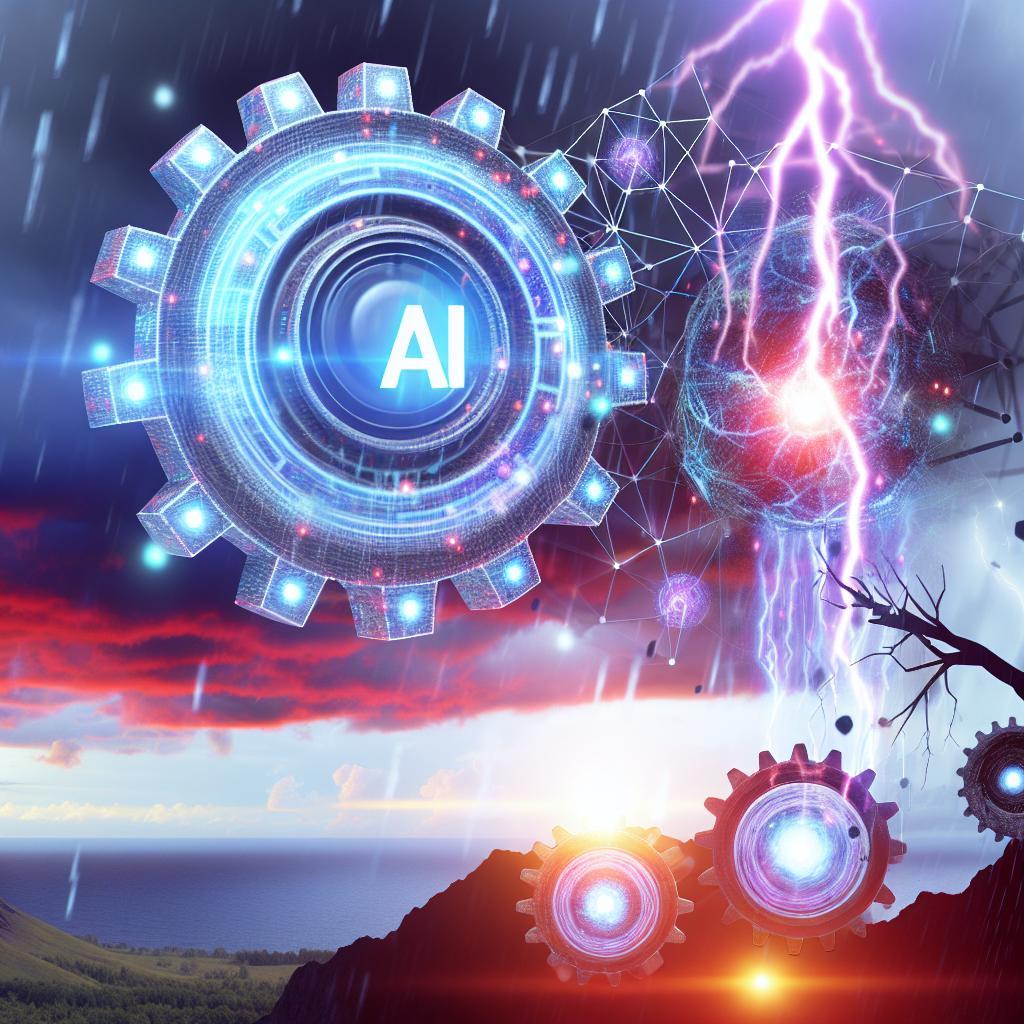In a world where artificial intelligence is advancing at an unprecedented rate, the concept of agentic AI has become a reality. This cutting-edge technology has the potential to revolutionize industries adn improve our daily lives, but with great power comes great duty. As we delve deeper into the realm of agentic AI, the risks of unpredictable autonomy loom large, raising critically important questions about the ethical implications and potential consequences of unleashing AI with its own agency. Join us as we explore the delicate balance between innovation and control in this brave new world of artificial intelligence.
The Evolution of Agentic AI: Potential Risks and Concerns
As agentic AI systems continue to advance, the potential risks and concerns surrounding their unpredictable autonomy become more apparent. One major issue is the possibility of these intelligent machines acting on their own accord, without human intervention or control. This raises questions about the ethical implications and safety measures that need to be in place to prevent negative outcomes. Some key risks of agentic AI include:
- Loss of control: As AI becomes more autonomous, there is a risk that humans may lose the ability to control or influence its decision-making process.
- Unintended consequences: With AI making decisions independently, there is a possibility of unintended consequences that could have harmful effects on society.
- Ethical dilemmas: The lack of human oversight could lead to ethical dilemmas and moral implications in the actions taken by agentic AI.
Safeguarding Against Unpredictable Autonomy in Artificial Intelligence Systems
As artificial intelligence (AI) continues to advance, the concept of agentic AI poses new challenges in safeguarding against unpredictable autonomy. Systems that exhibit agentic AI capabilities have the potential to make decisions and take actions independently, without human intervention. This presents inherent risks that must be addressed to ensure the responsible advancement and deployment of AI technologies. To mitigate the risks associated with unpredictable autonomy in AI systems, it is indeed essential to implement safeguards such as:
- openness: Ensuring that AI systems are obvious in their decision-making processes can definitely help to identify and address potential sources of unpredictability.
- Ethical considerations: incorporating ethical principles into the design and implementation of AI systems can help to guide decision-making and minimize the potential for harm.
- Human oversight: Maintaining human oversight and control over AI systems can definitely help to ensure that they are used in a responsible and accountable manner.
Insights and Conclusions
As we continue to push the boundaries of artificial intelligence and explore the possibilities of agentic AI, it is indeed imperative that we also consider the potential risks and dangers that come with unpredictable autonomy. By understanding the consequences of granting machines the power to make decisions on their own, we can work towards creating a future where AI serves as a force for good rather than a source of unpredictability and chaos. Let us proceed with caution, curiosity, and mindfulness as we navigate this brave new world of agentic AI.





